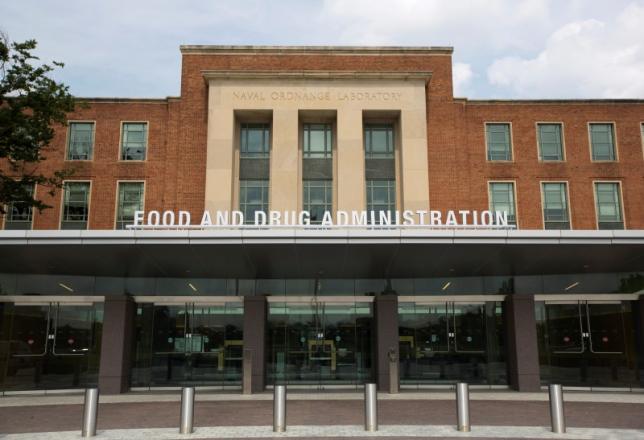FDA panel backs Acadia drug for psychosis linked to Parkinson's

SAN FRANCISCO - An advisory panel to the U.S. Food and Drug Administration backed an approval for Acadia Pharmaceuticals Inc's drug for psychosis related to Parkinson's disease.
Nuplazid's benefits outweighed the risks, the panel said, after 12 members voted in favor of the treatment and two against.
Acadia's shares, which were halted for trading during market hours on Tuesday, jumped 25 percent in extended trading.
Several panel members said that while the drug's efficacy was not as robust as they would have liked, it was "certainly better than nothing." They said Nuplazid addressed the lack of treatment options for patients suffering from the condition.
According to the National Parkinson Foundation, about 1 million people in the United States and 4-6 million people worldwide suffer from Parkinson's disease, Acadia said in a statement.
Psychosis, characterized by hallucinations and delusions, occurs in about 40 percent of patients, the company said.
Currently, there is no drug approved in the United States specifically for psychosis linked to Parkinson's disease and common antipsychotic treatments including Quetiapine, Clozapine, Risperidone and Zyprexa are used for these patients.
However, these drugs offer limited effectiveness and they also carry a black box warning, the strongest warning imposed by the FDA, for increased mortality in elderly patients.
Nuplazid may also have to carry a black box warning, but this is unlikely to affect its adoption, analysts have said.
The FDA is not obligated to follow the panel's recommendations, but it usually does. The health regulator is scheduled to decide on Nuplazid by May 1.
FDA staff said on Friday that Nuplazid was effective, but raised questions about whether the observed treatment effect was clinically meaningful. Acadia shares were trading at $29.81 after the bell. Up to Monday's close, the stock had lost a third of its value this year. -Reuters







